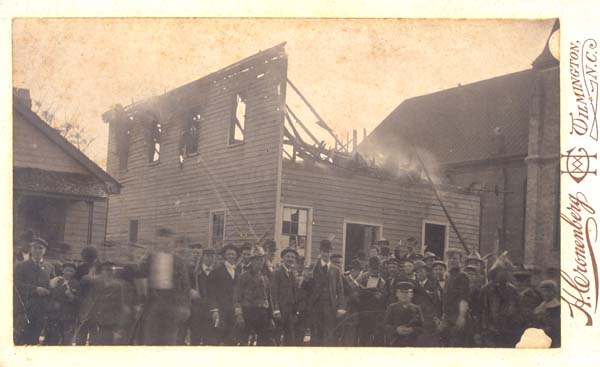The Strange Career of Jim Crow
2017-10-26
W.E.B. DuBois
WEB Dubois describes many aspects of the lives of African Americans in the South around 1900. What did you read that reminded you of the histories of other groups we’ve discussed in the last two-three weeks (that is, after the first midterm)? How?
(You can describe similarities or differences--as always, the goal is to draw connections).
WEB DuBois
From racial equality to white supremacy in fifty years
Before the 14th Amendment, California law:
No white man may be convicted of a crime on the basis of testimony by a Negro, a Chinaman, or an Indian.
The Fourteenth Amendment.
Section 1. All persons born or naturalized in the United States, and subject to the jurisdiction thereof, are citizens of the United States and of the State wherein they reside. No State shall make or enforce any law which shall abridge the privileges or immunities of citizens of the United States; nor shall any State deprive any person of life, liberty, or property, without due process of law; nor deny to any person within its jurisdiction the equal protection of the laws. Section 2. Representatives shall be apportioned among the several States according to their respective numbers, counting the whole number of persons in each State, excluding Indians not taxed. [...]
After the 14th Amendment, California law:
No white man or black man may be convicted of a crime on the basis of testimony by a Chinaman, or an Indian.
Jurors for Jefferson Davis, Richmond, 1867
Ota Benga
Benga
Transformation of the Southern economy
Jim Crow
Amendment XV
Section 1.
The right of citizens of the United States to vote shall not be denied or abridged by the United States or by any state on account of race, color, or previous condition of servitude.
Section 2.
The Congress shall have power to enforce this article by appropriate legislation.
Dates of suffrage-restriction
- Mississippi: 1890 (convention)
- South Carolina: 1895 (convention)
- Louisiana: 1899
- North Carolina: 1900 (Amendment)
- Alabama: 1901 (Amendment)
- Virginia: 1901-02 (Amendment)
- Georgia: 1908 (amendment)
- Oklahoma (1910)
- Tennessee, Florida, Arkansas, and Texas more gradually.
Poll Tax

The Wilmington Coup
John C. Dancy
Rebecca Felton
Rebecca Felton
Rebecca Felton:
If it requires lynching to protect woman's dearest possession from ravening, drunken human beasts, then I say lynch a thousand negroes a week.
Alex Manly
Daniel Schenk, Democratic leader, on the 1898 election in North Carolina:
It will be the meanest, vilest, dirtiest campaign since 1876. The slogan of the Democratic Party from the mountains to the sea will be but one word... Nigger.
Alfred Moore Waddell
Wilmington "rioters" in front of the Daily Record offices 
The Men who took down their shotguns and cleared the Negroes out of office yesterday were not a mob of plug uglies. They were men of property, intelligence, culture ... clergyman, lawyers, bankers, merchants. They are not a mob, they are revolutionists asserting a sacred privilege and a right.
- Harry Hayden, rioter